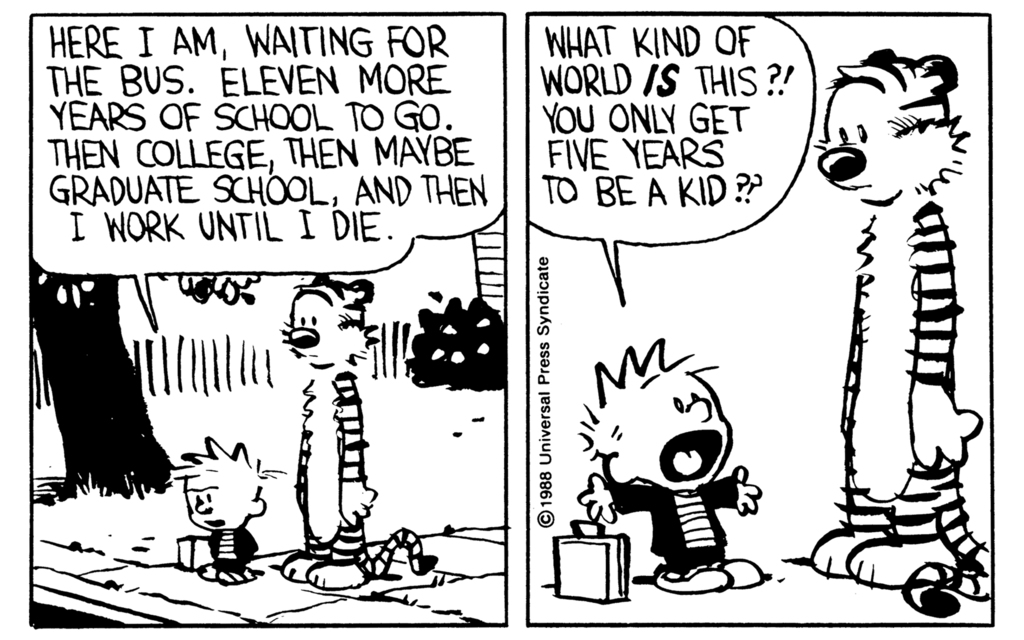A decade ago, when MySpace was still king, I did a research paper on social media and philanthropy. One of the interesting sources I used was the book Linked: How Everything Is Connected to Everything Else and What It Means for Business, Science, and Everyday Life by Albert-Laszlo Barabasi. There is much I have forgotten, but one point he made that stuck with me is that "Six Degrees of Separation" has diminished to 2-3 with the advent of the internet and social media. He posited that number would shrink even further over time, which perhaps it has.
I feel like this is a two-edged sword, like most advancements. I personally am thankful to be able to keep in touch more easily with people I care about, regardless of their geographical location.
I have also found a community of other professionals whom I value on many levels - colleague, sounding board, and in some cases people I would label as "friend."
On the flip side, I am conscious of the fact that it is easy to enter an "echo chamber," where my virtual circle agrees with my opinions and I don't have to substantiate my point of view. I work to enter the lairs of other viewpoints, to keep an open mind, and to enter into civil discourse.


